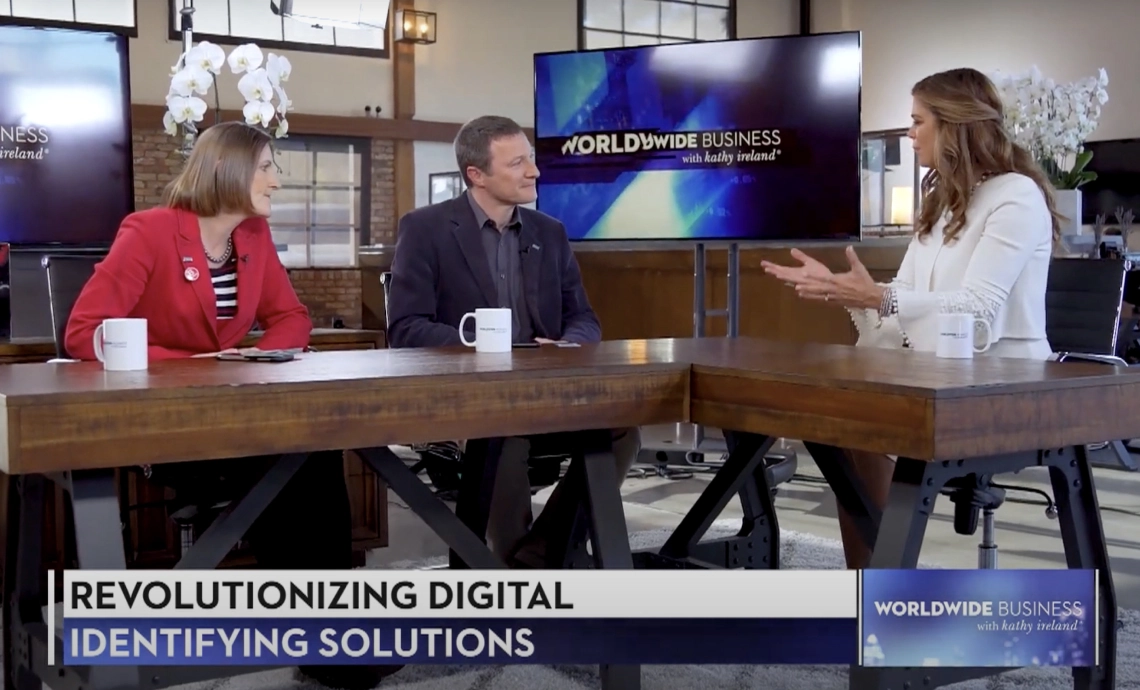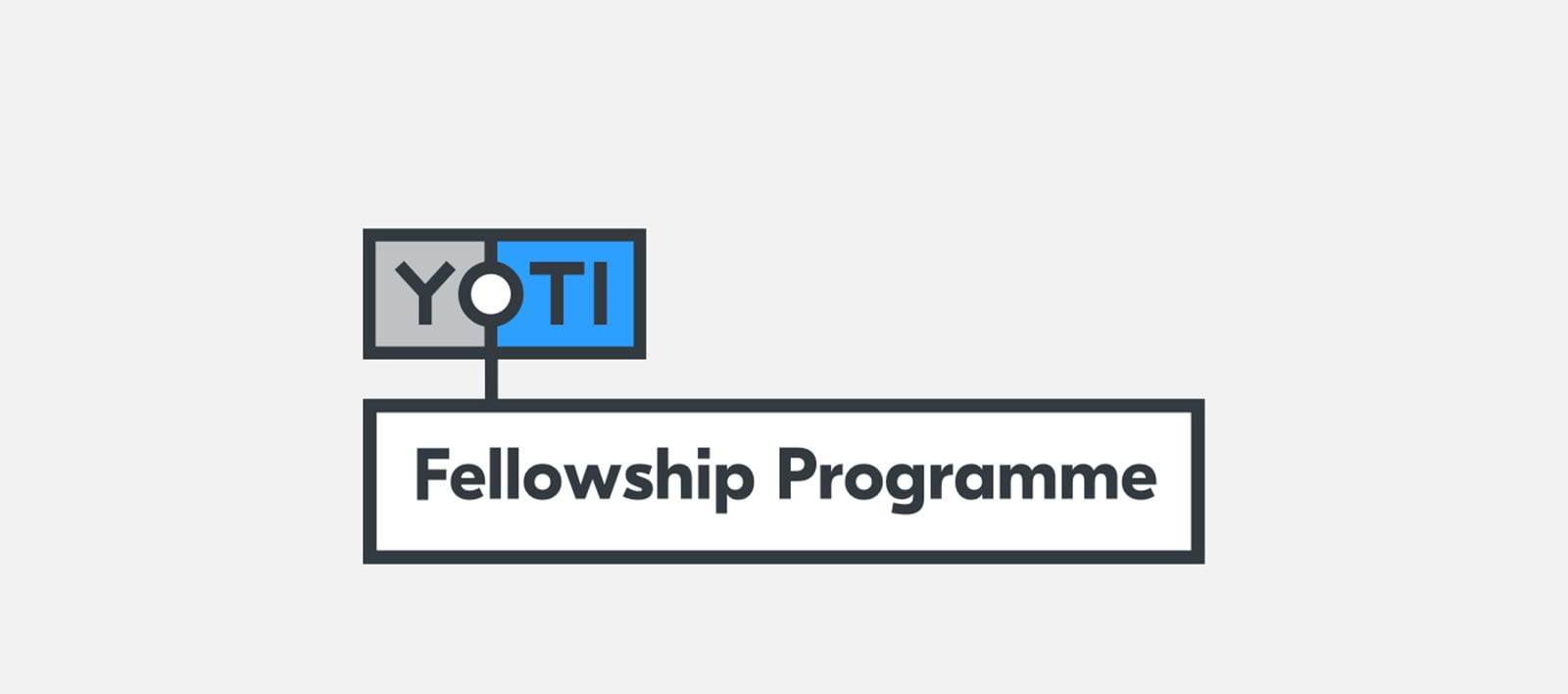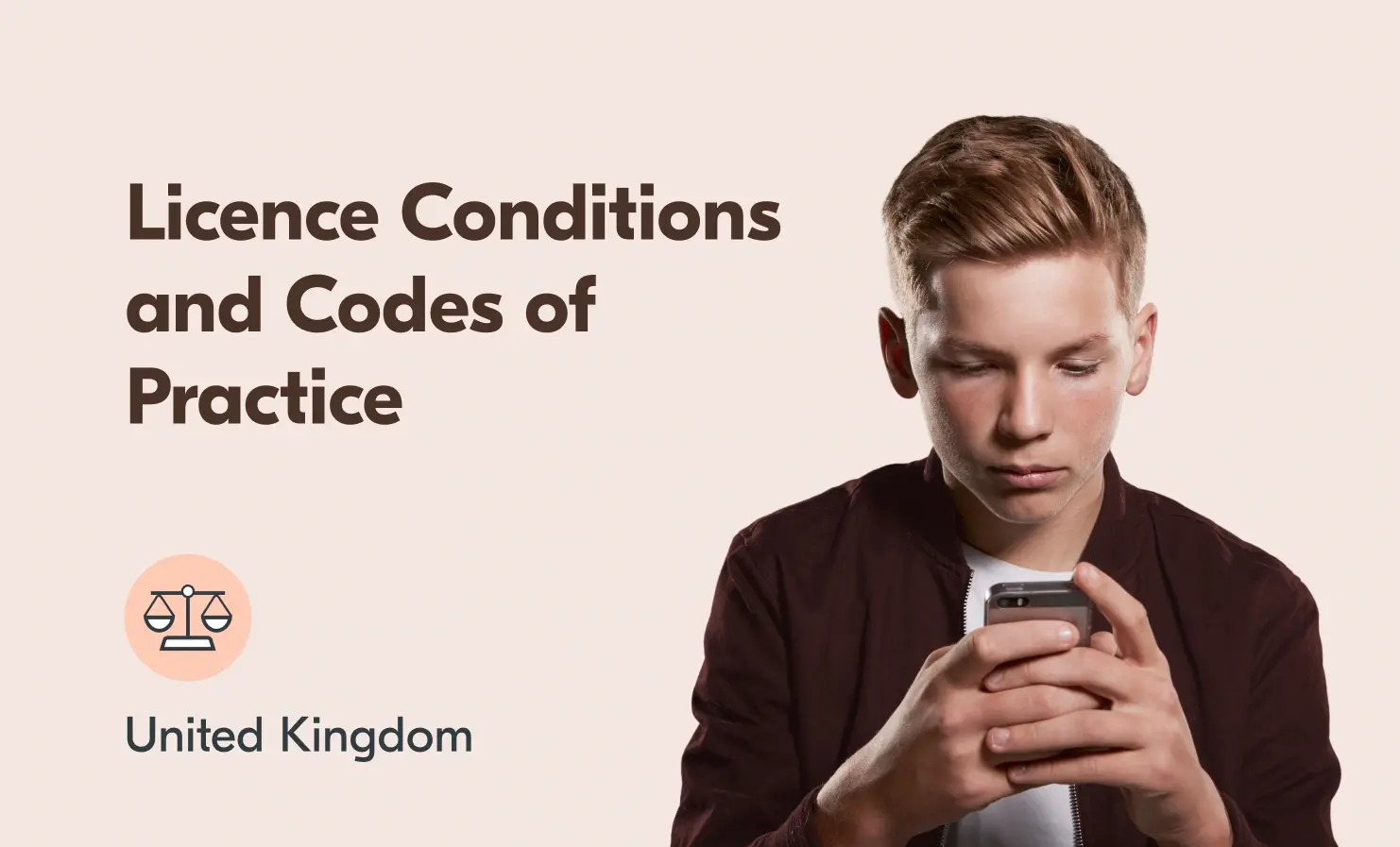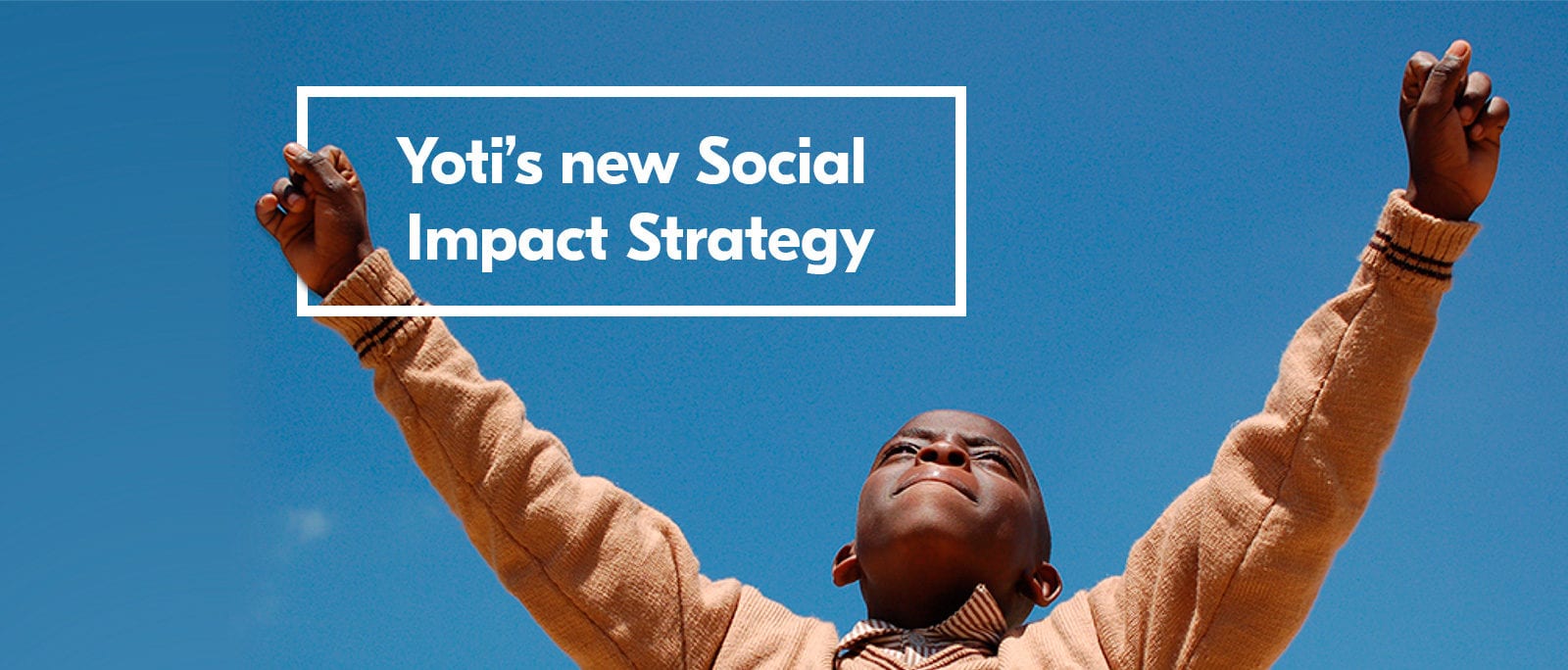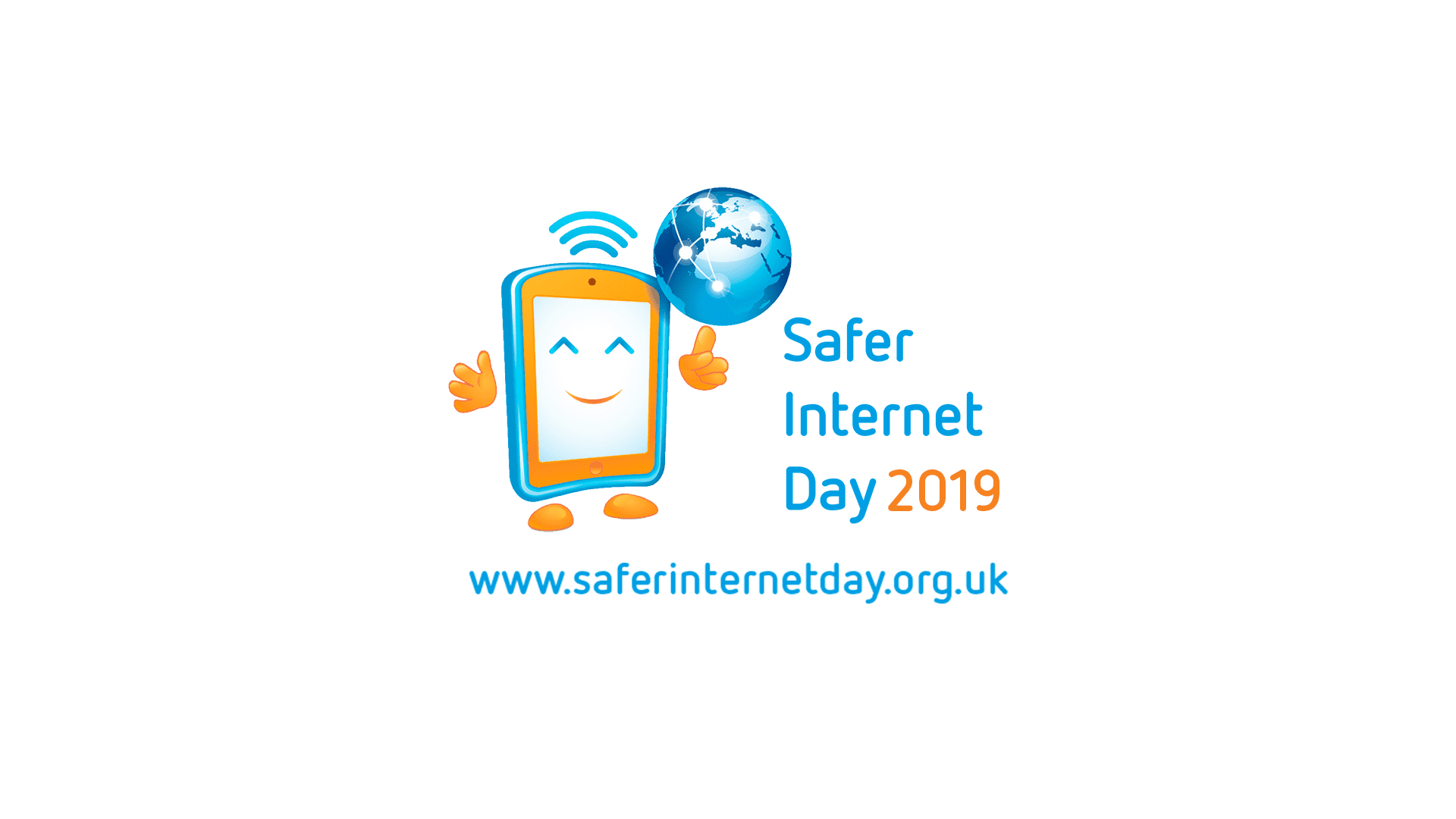Yoti features on Worldwide Business with Kathy Ireland
Our CEO Robin and Director of Regulatory and Policy Julie had the pleasure of speaking to entrepreneur and CEO Kathy Ireland on her Worldwide Business show. They discussed the challenges we aim to solve, how Yoti can help protect children online and why digital identities will be integral to a safer future for businesses and individuals. You can read the interview below or watch the full interview here. Kathy: Julie how is Yoti solving these problems [of data breaches, fraud and identity theft]? Julie: Day in, day out we are asked to prove our age or identity – this could
Announcing the Yoti Fellowship Programme
We are excited to announce the launch of the Yoti Fellowship Programme, one of the signature activities from our new Social Impact Strategy. From today we will be inviting applications from individuals interested in helping unlock the potential of digital identities with a particular focus on local, grassroots issues. In return, Fellows will be offered generous financial and logistical support, expenses and a chance to have their findings shared with the wider world. See our Head of Social Impact Ken Banks chatting about the Fellowship Programme here. Yoti Fellows: Filling the knowledge deficit The majority of the digital
New regulations to tackle underage online gambling
Last year, a Gambling Commission audit found that an astounding 55,000 British children aged 11-16 year olds were classed as problem gamblers. The results also revealed that up to 450,000 11-16 year olds gambled on a regular basis. While the problem exists across offline and online gambling, the growing nature of the online sector makes it imperative for there to be more safeguards in place. As of 2018, The UK Gambling Commission (UKGC) reported that the market’s revenue hit £14.4 billion, of which £5.3 billion came from online gambling. When it comes to identity and age verification for gambling
Yoti eSign: the fast and simple e-signature platform
In a world that’s becoming increasingly digital, businesses everywhere are seeing the benefits of switching to more digital practices to save time and money. When it comes to signing documents, it’s the most obvious use case for digitising practices. Not only is the traditional signature process time consuming, but there’s also the environmental concern of a business printing hundreds (and sometimes thousands) of documents. There’s also the big risk of fraud if documents are signed without proper background checks. In the last year British Columbia has suffered the effects of money laundering, where an estimated $7.4 billion (approximately £4.1
Say hello to Yoti’s new Social Purpose Strategy
Over the past few months our Social Purpose team has been busy carrying out research across Africa, South East Asia and the United Kingdom to better understand digital identity needs and opportunities in these locations. We’ve been speaking to experts around the world and attending digital identity and humanitarian events to get a sense of who is doing what, where. Our findings have led to the development of an exciting user-focused, evidence-based Social Purpose Strategy which we are proud to be launching today, along with an updated section of the Yoti website. The primary focus of much of the digital
Safer Internet Day 2019
Today we’re celebrating Safer Internet Day! A day where organisations around the world promote the safe and positive use of digital technology for young people. In line with this year’s theme, ‘Together for a better internet’, we’re joining the conversation and working to make sure children get the most out of the internet in a safe and secure way. Technology for good All over the world, children are increasingly using the internet – through their own devices, at even younger ages. The media are quick to jump in and talk about the negative impacts for young people. But when

